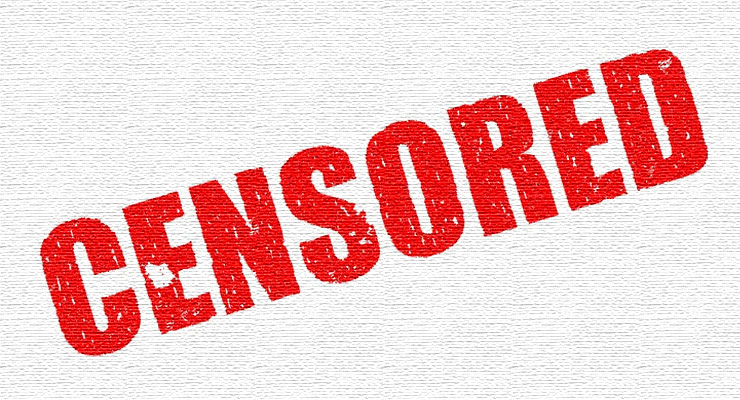
From VOA – ENGLISH
Kenya has approved a controversial new cybercrimes law that threatens heavy penalties for people who abuse others via social media – and that some critics contend could be used to stifle freedom of expression.
Among other things, the computer and cybercrimes legislation – which President Uhuru Kenyatta signed into law on Wednesday – makes it a crime to publish so-called false information, with hefty fines and prison terms for those found guilty.
The law does not define false information, saying only that it’s a criminal offense to intentionally publish false, misleading or fictitious data, or to intentionally misinform. Violators could face fines of up to almost $50,000 or two years in prison, or both.
Joe Mucheru, Kenya’s cabinet secretary for information, communication and technology, said his ministry spent more than two years getting the bill through parliament.
“There was a push to get this bill in place, especially with some of the nuisances that come in with the use this technology,” Mucheru said. He said some people “are insecure because of cyber-bullying. Some have lost money, others are writing fake news about them.”
Mucheru said the law was both necessary and constitutional.
“This technology is transforming our lives; we must have laws,” he said. “… The constitution provides very clearly the freedoms of media, so this law has not gone against any of the constitutional requirements that we have already in place.”
Legislation criticized
Freedom House, an international watchdog for democracy, responded with a statement calling the new cybercrimes law “another step backward for media freedom and online expression in Kenya.”
“By criminalizing the publication of ‘false’ information, the government has overstepped its bounds and become an arbiter of truth on the internet,” Morris Odhiambo, the group’s regional project director for East and Horn of Africa, said in the statement. “The law’s broadly worded provisions and possible jail terms are ripe for abuse by public officials looking to silence critical reporting online.”
As an example, Odhiambo cited the Kenyan government’s temporary closure of three media groups in January.
Last week, the Committee to Protect Journalists released a statement urging Kenyatta against signing the bill, saying it would “stifle press freedom.”
Angela Quintal, CPJ’s Africa program coordinator, said that the legislation “will criminalize free speech, with journalists and bloggers likely to be among the first victims if it is signed into law.”
Concern over imprecision
Robert Alai, a Kenyan blogger who has been arrested several times for his comments on social media, considers the law too vague.
“When you talk of fake news, this is an issue still under discussion,” Alai said. “… No state has clearly stated what is fake news. Something which is fake to me may not be fake to you. Some people brand everything they do not agree with as fake news. The law is not fair.”
Alai said aspects of the law would greatly affect Kenyans’ freedom of expression.
“The real media now is the individual who is holding a phone. That is the media which is going to be affected,” he said. “That is the media which is trying to be intimidated through this law.”
The law covers crimes such as cyber-espionage, identity theft and child pornography as well, mandating long prison terms and heavy fines for those found guilty. The new law also allows authorities to search and seize stored computer data, and to collect and intercept data in real time.
Leave a Reply